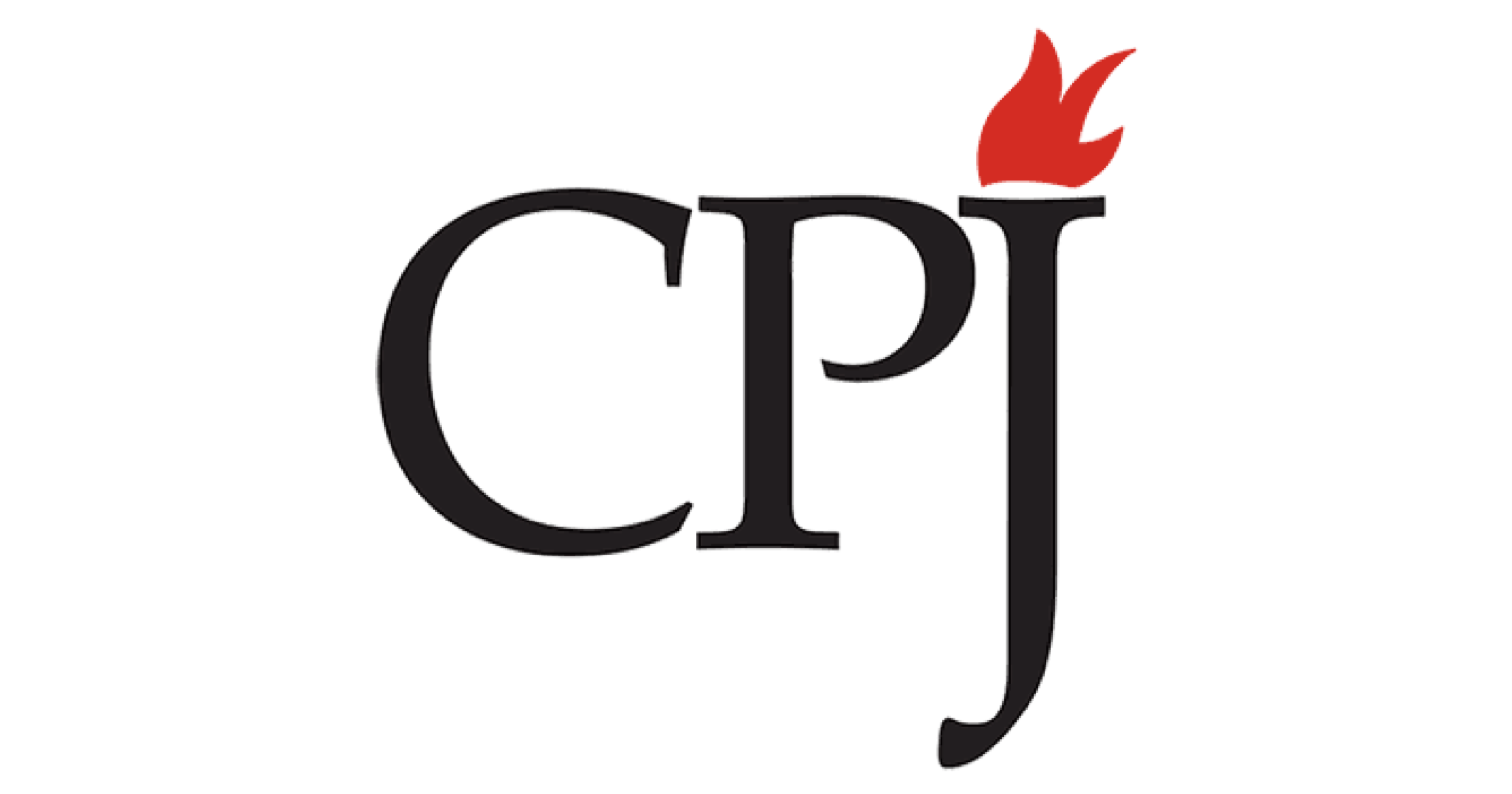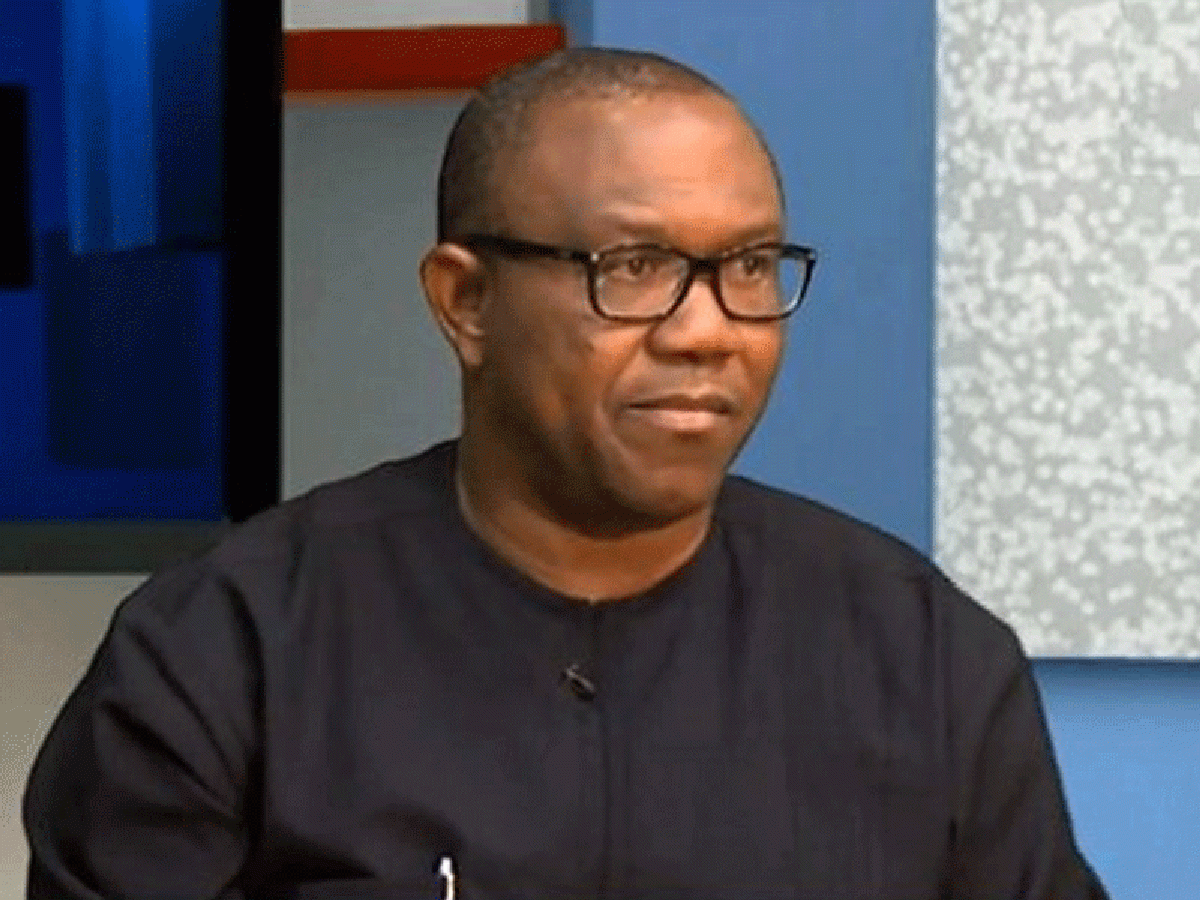The Committee to Protect Journalists has condemned the conviction of two Kwara journalists, Gidado Yushau and Alfred Olufemi on conspiracy and defamation charges.
The PUNCH reports that a Magistrate Court sitting in Kwara State convicted the duo over a false publication about an Agro-allied company based in the state.
The publication, “Inside a Kwara factory where Indian Hemp is legalised” was published in the News Digest publication in the 2018 edition.
The convicted journalists who worked for News Digest, an online publication, were found guilty of criminal conspiracy and defamation by the court on February 7, 2023
CPJ, an independent, nonprofit organisation that promotes press freedom worldwide described the conviction as “a chilling message to the Nigerian press” on Friday.
It also highlighted the urgent need for authorities to reform the country’s laws and ensure journalism is not criminalised.
According to the CPJ’s Africa program coordinator, Angela Quintal, the duo should have never been charged, let alone convicted.
“Nigerian journalists Gidado Yushau and Alfred Olufemi should never have been charged, let alone convicted, for publishing an investigative report about a factory.
“The telecom surveillance used to bring the journalists into custody, followed by a more than three-year-long trial, demonstrates the lengths Nigerian authorities will go to arrest and prosecute the press,” she said.
Before charges were filed, CPJ disclosed that police leveraged Yushau and Alfred’s access to call data and briefly detained a News Digest web developer and at least two other journalists in their efforts to locate Yushau and Olufemi.
CPJ added that, “The telecom surveillance, along with two similar cases in 2017 and 2018, prompted an ongoing lawsuit against the Nigerian Communications Commission over regulations granting warrantless access to telecom subscribers’ information.”
Earlier, while delivering judgement on the matter after about five years of legal battle, the magistrate, Mr A.S Muhammad said, “I have carefully considered the evidence of PW1 (Shakirat Yusuf) on the character of the convicts as well as considered the Allocutus made by learned counsel to the convicts and I have equally reflected on the provisions of sections 316 and 417 of the Kwara State Administration of Criminal Justice Law, 2018. In compliance with the provisions under S.417 (2) (d) of the Kwara State ACJL, 2018, I shall not pass a maximum sentence on the convicts.
“Premised on the forgoing for the offence of conspiracy, I sentence the 1st and 2nd defendants to a fine of N40,000 only each or 2 months imprisonment in default of payment.
“On defamation, the 1st and 2nd convicts are sentenced to a fine of N60,000.00 only each or 3 months imprisonment in default of payment.
“For clarity, each of the convicts is to pay a fine of N100,000.00 only for the offences of conspiracy and defamation respectively, having been convicted in default of payment, the sentence shall run concurrently.
“Rights of Appeal exist within 30 days”, he said.
Reacting, the counsel to the journalists, A.S Ibraheem Gambari Esq, insisted that journalists have the right of appeal and that efforts are on top gear towards exercising that constitutional right.
Gambari stated that they were still studying the judgement and will do the needful soonest. They noted that if not for some administrative delays in obtaining the Certified True Copy of the judgement from the court’s registry, “the notice of appeal would have been filed by now.”
The counsel revealed that “there was evidence before the trial court that the police report which purportedly indicted our clients came into existence even before they were invited by the police. In other words, the police had already found them culpable long before they were invited to state their own side of the story.
“Also, an ex-employee of the company testified before the court that he was not only a witness to how smoking of Indian hemp pervaded the site but equally, it was the persistent smoking of the Indian hemp that informed his decision to sever his employment with the company. What’s more, in order to establish the verisimilitude of his assertion, the same witness tendered his bank statement evidencing the receipt of his monthly salaries from the company during the period when smoking was prevalent. It, therefore, remains a conundrum how the court found them guilty in the face of this empirical evidence among others.”
Gambari added that they believe that “justice will be achieved at appeal so that patriotic youthful elements in the society like our clients will not be discouraged from embarking on their respective altruistic endeavours.”







2 Comments